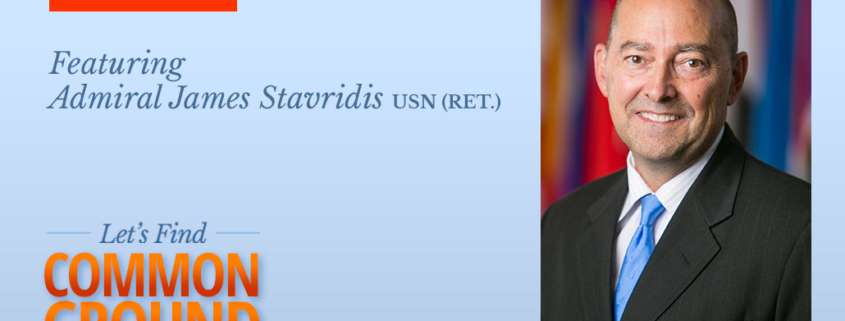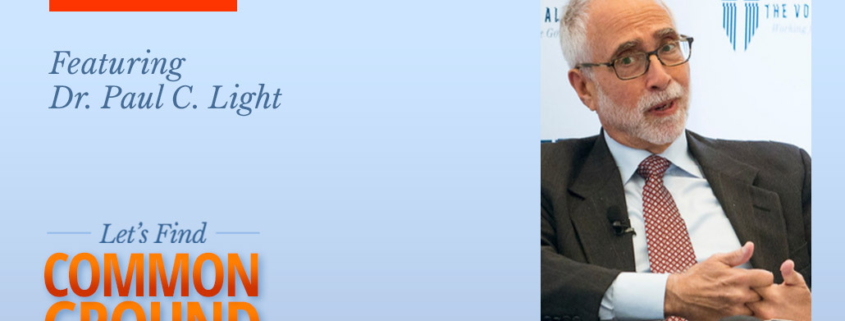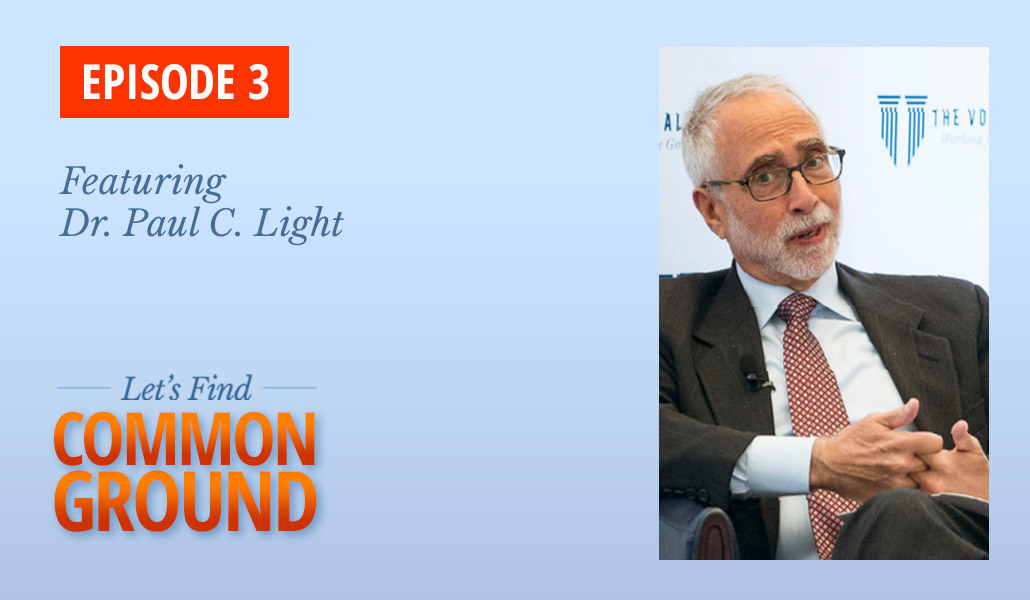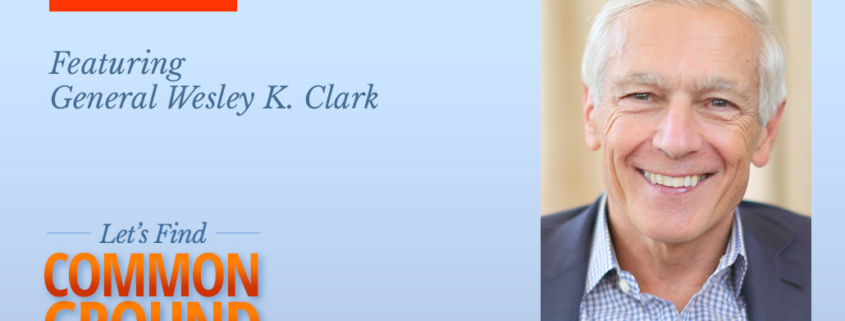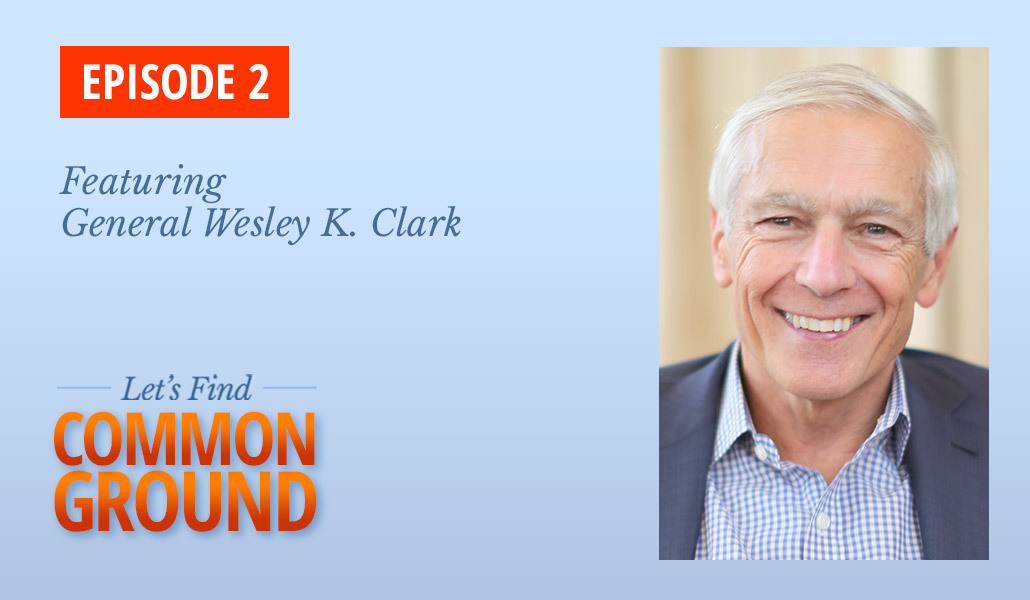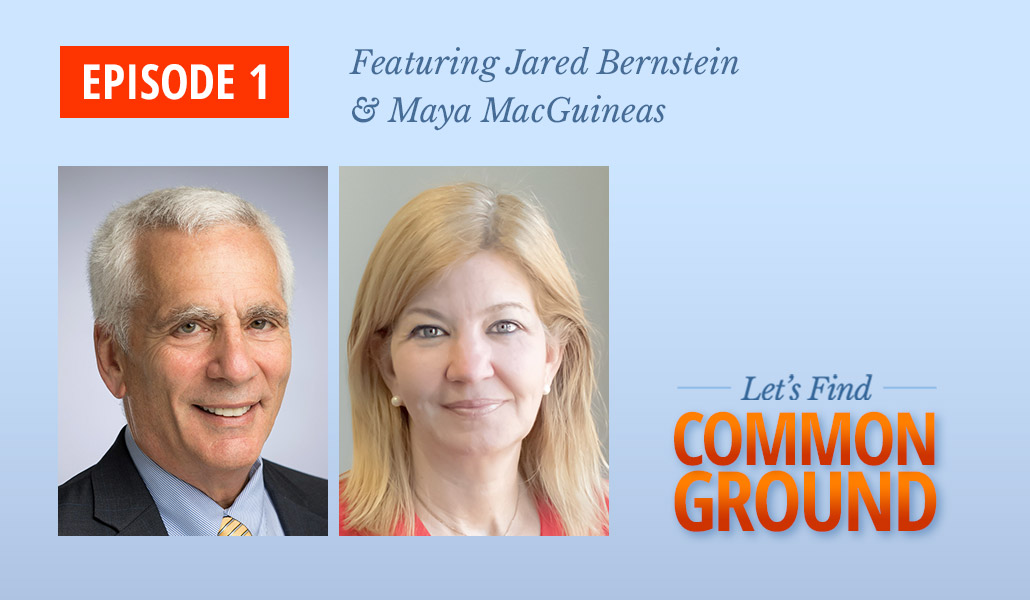Creative Strategies to Pull Out of the Pandemic
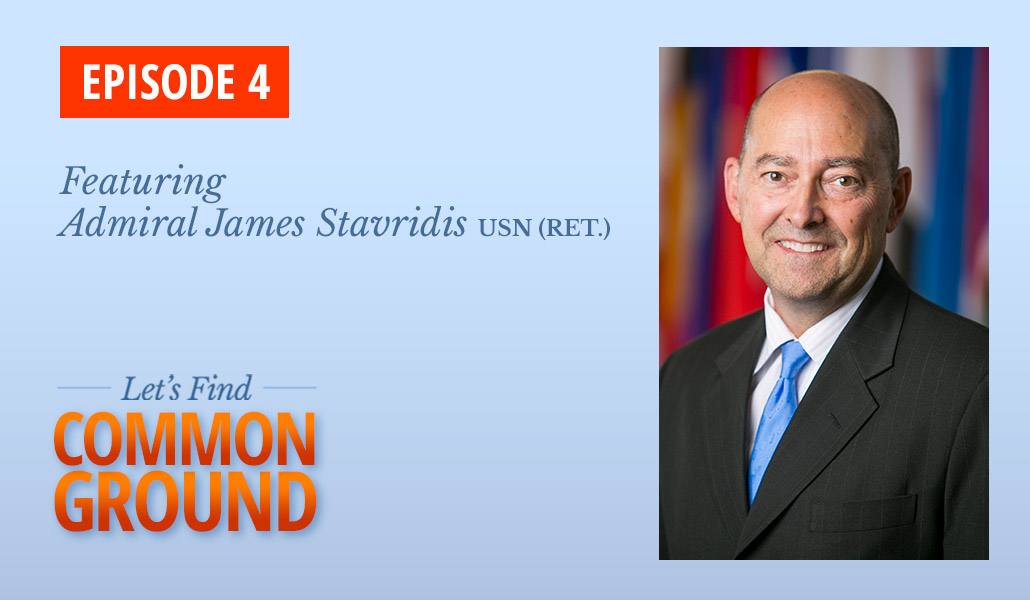
Subscribe to the Podcast
As we face the biggest global crisis of the 21st century, leadership is key. What lessons does history hold?
The coronavirus emergency is the world’s biggest crisis of the 21st century — worse than the tragic losses on 9/11 and the economic damage of the great recession. Using lessons from history, we look at positive ways for all of us to emerge from the pandemic. Retired Admiral James Stavridis spent 37 years in the US navy and served in both Democratic and Republican administrations. He led US Southern Command in Miami and served as the 16th Supreme Allied Commander at NATO. His latest book is Sailing True North. Admiral Stavridis calls himself “a very serious cook,” and is spending time during the lockdown learning a new language: Portuguese.
READ THE EPISODE TRANSCRIPT
Ep. 4 – Creative Strategies to Pull Out of the Pandemic
Admiral James Stavridis, USN (Ret.)
 Admiral James Stavridis is an Operating Executive of The Carlyle Group, following five years as the 12th Dean of The Fletcher School of Law and Diplomacy at Tufts University. A retired 4-star officer in the U.S. Navy, he led the NATO Alliance in global operations from 2009 to 2013 as Supreme Allied Commander with responsibility for Afghanistan, Libya, the Balkans, Syria, counter piracy, and cyber security. He also served as Commander of U.S. Southern Command, with responsibility for all military operations in Latin America from 2006-2009. He earned more than 50 medals, including 28 from foreign nations in his 37-year military career.
Admiral James Stavridis is an Operating Executive of The Carlyle Group, following five years as the 12th Dean of The Fletcher School of Law and Diplomacy at Tufts University. A retired 4-star officer in the U.S. Navy, he led the NATO Alliance in global operations from 2009 to 2013 as Supreme Allied Commander with responsibility for Afghanistan, Libya, the Balkans, Syria, counter piracy, and cyber security. He also served as Commander of U.S. Southern Command, with responsibility for all military operations in Latin America from 2006-2009. He earned more than 50 medals, including 28 from foreign nations in his 37-year military career.
Earlier in his military career he commanded the top ship in the Atlantic Fleet, winning the Battenberg Cup, as well as a squadron of destroyers and a carrier strike group – all in combat. In 2016, he was vetted for Vice President by Hillary Clinton and subsequently invited to Trump Tower to discuss a cabinet position in the Trump Administration.
Admiral Stavridis earned a PhD in international relations and has published nine books and hundreds of articles in leading journals around the world. His 2012 TED talk on global security has close to one million views. Admiral Stavridis is a monthly columnist for TIME Magazine and Chief International Security Analyst for NBC News, and has tens of thousands of connections on the social networks.

